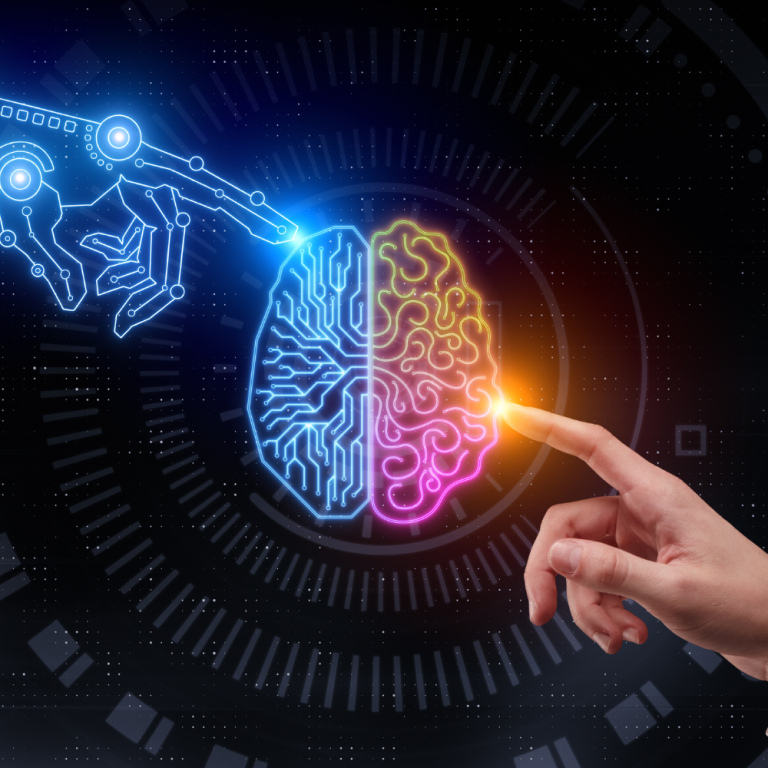Introduction
The consulting industry has always been a beacon of adaptation and innovation. But as we surge forward, the winds of change are blowing stronger than ever. This article isn’t just about keeping up; it’s about leading the charge into the future of consulting.
1. The Rise of Digital Transformation
There’s no escaping it: digitalization is revolutionizing consulting. From artificial intelligence to cloud-based solutions, these technologies are not just buzzwords; they’re the new tools of the trade. AI, for instance, is not just automating mundane tasks but also offering deeper insights and predictions, changing how consultants approach problem-solving.
2. The Shift Toward Remote Consulting
Post-pandemic, the world has embraced remote work, and consulting is no exception. This shift has opened doors to global talent pools and diversified client bases, transcending geographical limits. But it’s not without challenges – maintaining effective communication and collaboration is key in this virtual world.
3. Sustainability and Social Responsibility
Now more than ever, businesses are judged by more than their bottom lines. Environmental, social, and governance (ESG) factors are becoming pivotal in consulting projects. Whether it’s helping a client develop a sustainable business model or ensuring ethical practices, ESG is not just good ethics – it’s good business.
4. The Demand for Specialized Expertise
Gone are the days of the one-size-fits-all consultant. The industry is witnessing a pronounced shift towards niche expertise. Whether it’s cybersecurity or data analytics, clients are seeking consultants with specialized knowledge to tackle specific challenges.
5. The Integration of Data Analytics
Data is the new oil, and analytics is how we refine it. In a world inundated with data, the ability to sift through noise, extract relevant information, and make data-driven decisions is invaluable. Consultants adept in these skills are becoming indispensable.
6. The Client-Consultant Relationship Evolution
The dynamics of client-consultant interactions are evolving. Today, it’s about building partnerships rather than merely providing services. This means deeper engagement, understanding client needs on a more personal level, and tailor-making solutions.
7. Adaptability and Continuous Learning
The only constant is change, especially in consulting. Staying relevant means continuously updating skills and knowledge. It’s not just about attending workshops or courses; it’s about cultivating a mindset of lifelong learning and adaptability.
Conclusion
As we look at these emerging trends, one thing is clear: the future of consulting is dynamic and exciting. Embracing these trends doesn’t just prepare us for the future; it propels us to the forefront of it. So, let’s gear up and lead the way!

